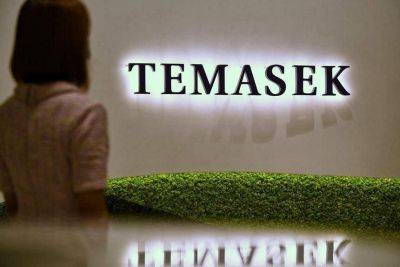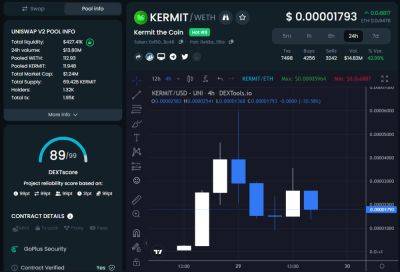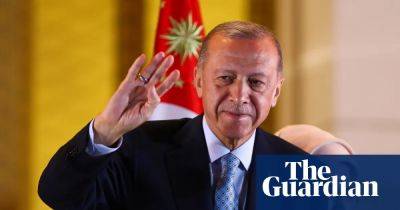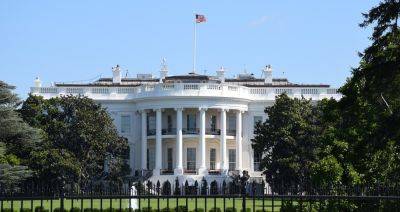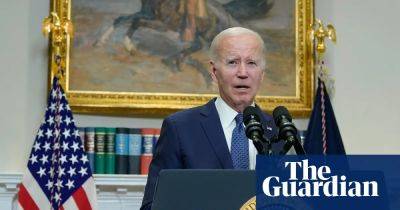The Guardian view on US-China chip wars: no winners in zero-sum battles
R ishi Sunak is readying a billion pounds to subsidise the UK’s fledgling microchip industry. It sounds big. But the British government is merely reacting to US economic warfare against China. Behind the talk of “friendshoring” and resurgent industrial policy is a struggle to avoid collateral damage in the battle between China and the US for tech supremacy.
The EU plans almost to match the US promise of $52bn (£42bn) in chip subsidies. India is spending $30bn (£25bn) on its semiconductor mission. Mr Sunak looks to be bringing a peashooter to a gunfight. But Britain does not have a complete end-to-end chip supply chain nor does it aspire to have one. Instead, it is following the slipstream of US power. Washington’s strength is that almost all chip factories contain critical tools from US suppliers. The US has isolated Beijing with export control powers that ban transactions between foreign countries and China. Washington’s legislative arsenal was first deployed against China’s Huawei, whose products Britain has also decided to ban.
Microchips are the lifeblood of an advanced economy. Covid saw shortages when working from home meant demand for computers shot up just as chip supply dried up. This was exacerbated when skirmishes between Beijing and Washington turned into a “zero‑sum” war on Chinese chipmakers. President Joe Biden sees China’s rise as a threat to the US. Allies have taken note. Mr Sunak’s government last November blocked the Chinese takeover of the UK’s biggest chip plant on national security grounds. Washington’s bans have seen Chinese chip imports plunge.
The US says it does not want to block China’s modernisation – except in every area the foreign policy establishment thinks it should. Jake Sullivan, the US
Read more on theguardian.com

